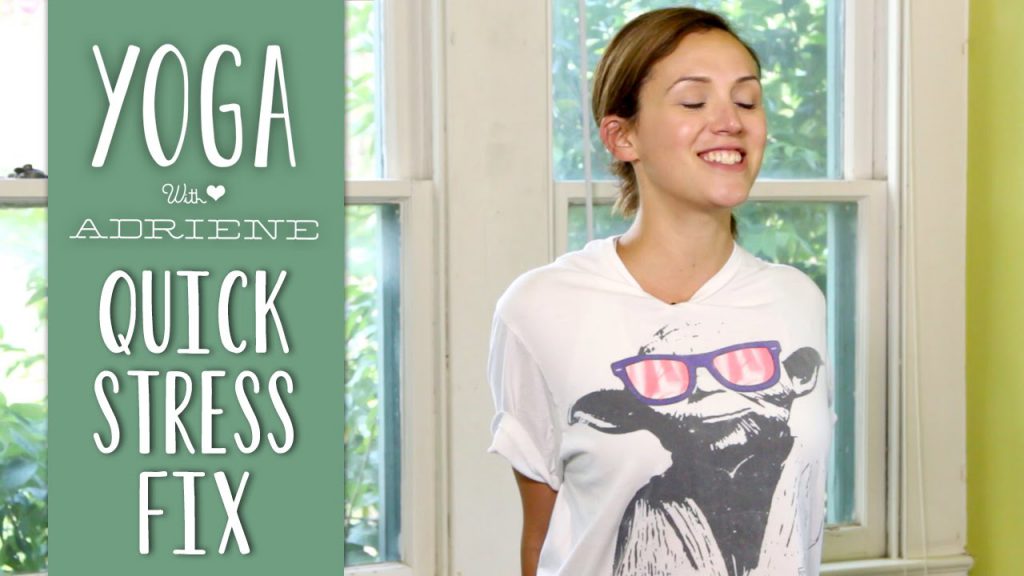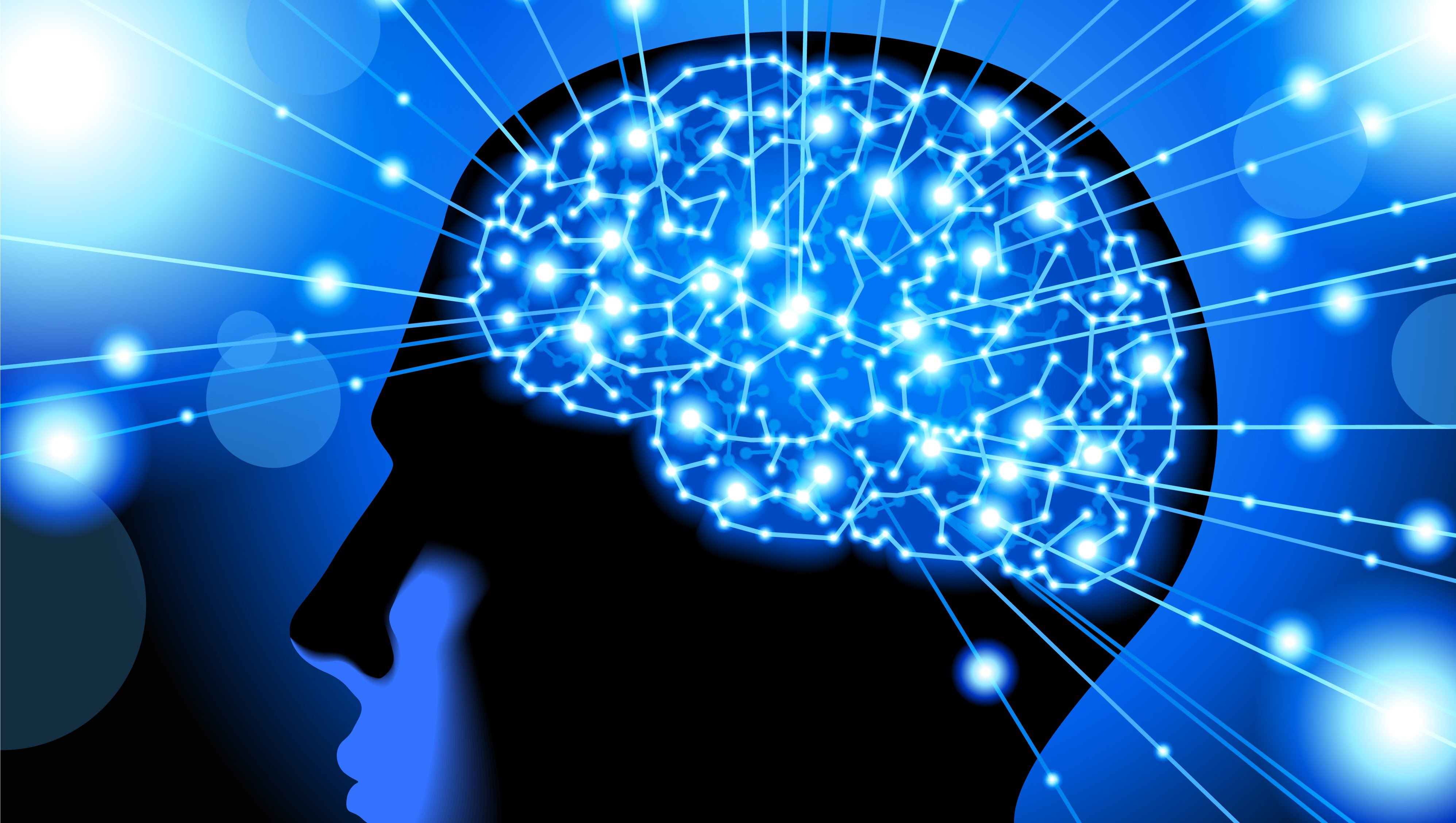Post Traumatic Stress Disorder – An Emotional Roller Coaster Ride
PTSD is an atrocious disorder. You never know when the symptoms are going to creep up on you. One day, things seem OK and the next day you’re bombarded with memories that send you straight into anxiety and panic attacks. Some days, you’re just going about your business and all of a sudden, you are flooded with intrusive memories or flashbacks. This sets the tone for the rest of the day. You can see something, smell something, or hear something that reminds you of your trauma and you become dizzy and dissociated for a few hours or for a longer period of time. Some people go to bed and stay there for days. It’s just too overwhelming. Some become angry and lash out at everyone around them. Some people cry for hours. Your reaction to this symptom is a personal reaction that reflects your style of coping with the strain of this disorder.
Some people have a nagging sense that ” something is wrong” or that they have forgotten something. A lot of times, feelings like fear, anxiety, and sadness come over you without a specific reason or trigger. Other times, you can’t feel anything and you can’t decide whether that is a good thing or a bad thing. Emotional numbness is a big part of this disorder and this occurs when you are on an emotional overload at times.
Having a full and unexplainable range of emotions to no emotion at all are all a part of having PTSD and this can be very frustrating and hard to deal with. The bottom line is that fighting the emotional roller coaster ride is like trying to stop the ocean with a cotton ball. The trauma that you’ve experienced also traumatized your emotional system, so it may take some time to find balance. You may wonder if you will ever heal from your experience at times. The answer is that you will heal, but this requires time and for you to proactive about your healing. Acceptance is the first step toward dealing with this symptom
When you find yourself becoming overly emotional, take a minute to evaluate where these random emotions could be coming from. Can you pinpoint an exact reason? Is it related to your experience? Or are you experiencing emotions for which you have no explanation? Is your emotional response appropriate or inappropriate to the situation? If that it the case, you are likely having a symptom of PTSD. Sometimes these symptoms don’t seem to make much sense to us, but it is how we deal with them that make all of the difference in the process of healing.
There are some psychological techniques and tricks that help with having a wide and varied range of emotion as well as feeling numb and generally locked up inside. Ultimately, you need time to adjust and you need time to physiologically heal from trauma. If you want to learn more about how to handle the symptoms of PTSD, I have written a book entitled “PTSD: What To Do About It When You Don’t Know What to Do About It”. This writing will give you specific steps that you can take in managing the disorder and it’s debilitating symptoms. It was written for those who suffer from this disorder, those who are in a relationship with someone who has this disorder, and those who need information and a solid plan of how to deal with the symptoms of PTSD.
Post Traumatic Stress Disorder – An Emotional Roller Coaster Ride by Erin Harrington




